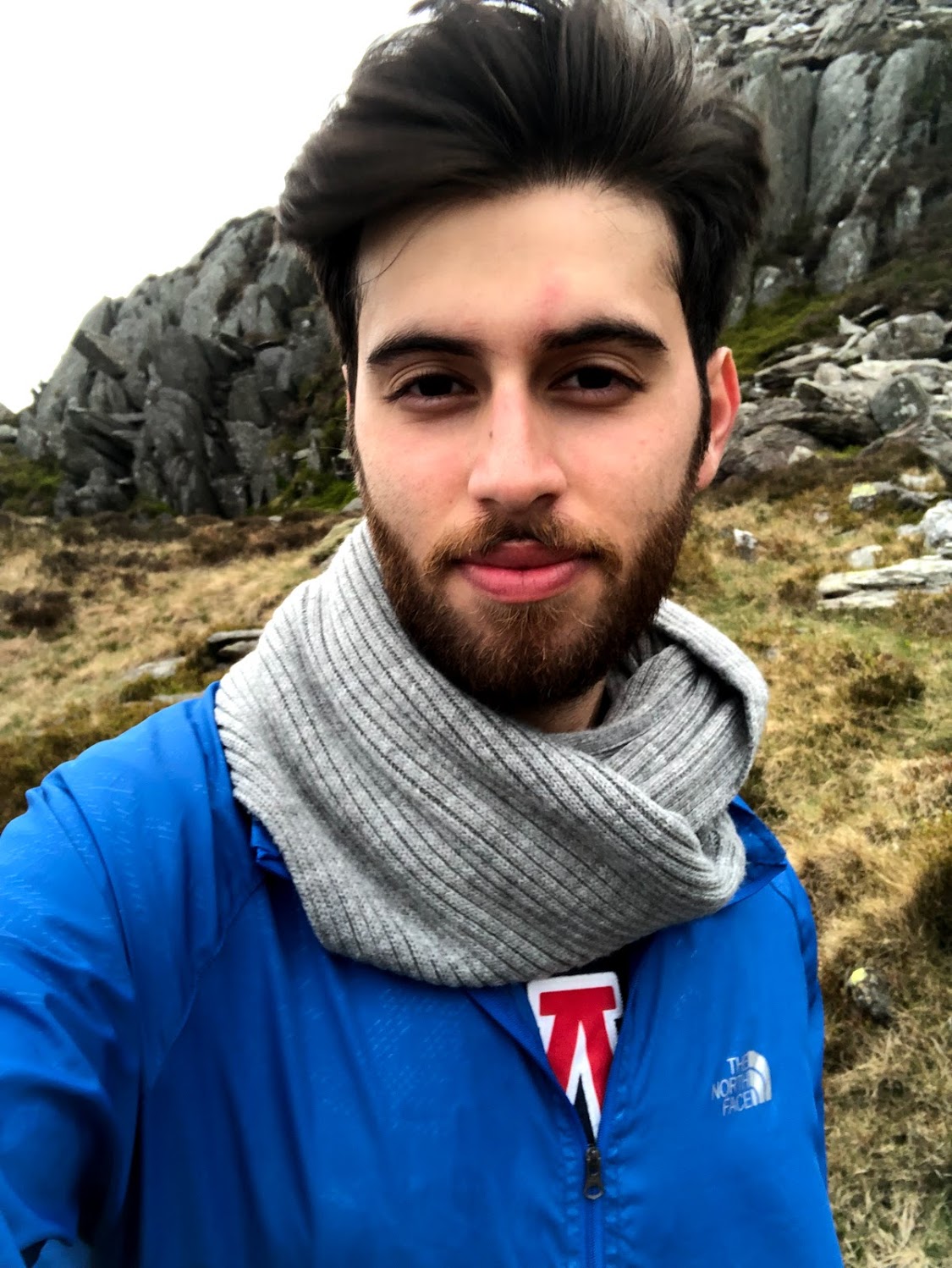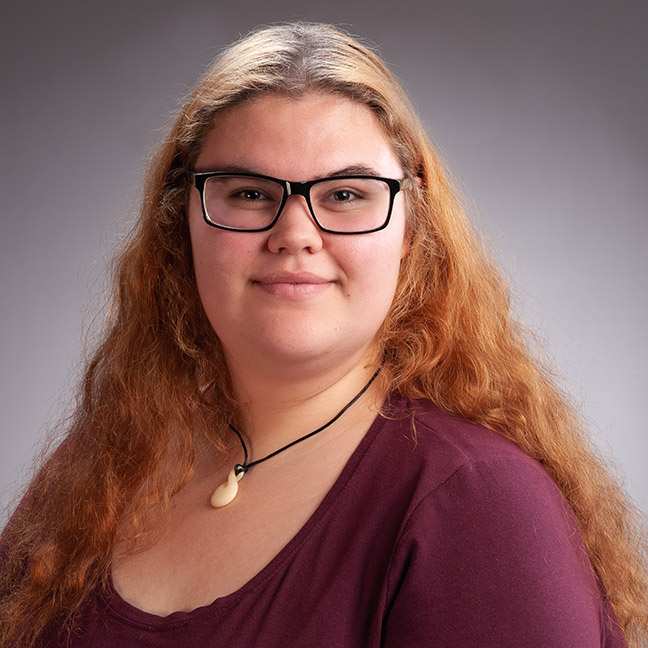Cultural Anthropology
Get to know our Cultural Anthropology students and gain an insight into their research.
Zahida Jatt

PhD Candidate in Cultural Anthropology
Supervisors: Dr Lorena Gibson and Dr Eli Elinoff
Contact: zahida.jatt@vuw.ac.nz
Rowan McCormick
PhD Candidate in Cultural Anthropology
Supervisors: Eli Elinoff, Jeff Sissons and Philip Fountain
Auto-construction in Aotearoa - building alternatives in a time of crisis
Contact: rowan.mccormick@vuw.ac.nz
Naz Karim
PhD Candidate in Cultural Anthropology
Supervisors: Brigitte Bonisch-Brednich, Caroline Bennett and Amir Sayadabdi
Contact: naz.karim@vuw.ac.nz
Hirdey Rampal

PhD Student in Cultural Anthropology
Supervisors: Grant Otsuki, Catherine Trundle (La Trobe University, Australia) and Sita Venkateswar (Massey University, New Zealand)
Afflictions and Wellbeing in Spiti Valley, India
Contact: hirdey.rampal@vuw.ac.nz
Isla Turner-Holmes
MA Student in Cultural Anthropology
Supervisors: Amir Sayadabdi and Brigitte Bönisch-Brednich
Place, Memory and Migration: Stories Told by Our Grandmothers
Contact: isla.turnerholmes@vuw.ac.nz
Maia Berryman-Kamp

PhD Student in Cultural Anthropology
Supervisors: Amir Sayadabdi and Clive Aspin
Gender Diverse Māori and Embodiment
Contact: maia.berryman-kamp@vuw.ac.nz
Former Students
Hayley Bathard
On completing a Masters in Cultural Anthropology, Hayley began working at the University of Otago’s Wellington campus. She worked in the Wellington Asthma Research Group, which is part of the School of Medicine, working on a number of projects, including one on disability for Maori and Pacific people in Aotearoa, and one on health literacy in relation to asthma. Her roles on these projects included research of existing literature, analysis of interview and focus group data, and academic report and article writing where she was able to use the skills from her study across a number of areas in relation to health and disability, and to employ her knowledge from medical anthropology on a daily basis.
Hayley says she is so grateful for her time studying in the School of Social and Cultural Studies at Victoria University of Wellington— "I loved being a part of the school, and working alongside all of the staff and students. In particular, I was very lucky to be supervised through my Masters by Catherine Trundle and Rachel McKee (from Deaf Studies) and I am grateful for all of their knowledge and support. I have taken so much from my time studying in the Anthropology department, gaining knowledge and skills that are both fascinating and useful for my field of work."
Hayley is now a Senior Analyst at Ministry of Social Development (MSD)
Ben Steele
After completing an Honours degree in Anthropology, Ben worked at the Office of Treaty Settlements where he helped negotiate settlements of historical Treaty grievances on behalf of the New Zealand Government. He then won a Fulbright Scholarship and moved to New York city to complete a Masters Degree in Anthropology at Columbia University. On completion Ben worked at the New Zealand Permanent Mission to the United Nations where he covered the work of the UN Security council on general peace and security issues such as the Middle East, Afghanistan and Iran, and provided policy advice to the New Zealand Government.
Ben says he greatly enjoyed studying Anthropology at the University. The degree gave him skills essential to his current work. "Anthropology is a great subject as it is wide enough to encompass many others; political science, economics and international relations, among others, all have their place within anthropology. but rather than focusing on just one, anthropology offers a holistic lens, essential in this interconnected and interdependent world."
Ben is now a Political Counsellor at High Commission of New Zealand in London.
Angie Wilkinson
After completing her undergraduate degree in Anthropology, Angie taught English in South Korea, and then returned to New Zealand to complete her Honours degree in Anthropology. On completion she began working at Statistics New Zealand on the Census of Population and Dwellings.
Statistics New Zealand is the country's national statistical office and produces a wealth of key social and economic information. Angie found that her anthropology background gave her skills which were very useful in here job there.
The five-yearly census is one of the largest community exercises undertaken in New Zealand, and involves counting every person and dwelling in the country. Anthropology helped her to understand the diversity and complexity of the population being measured, which is important when thinking about how to design the questions that we ask, collect the information from respondents, and interpret the information that we get back.
Angie says she really enjoyed her time studying Anthropology at Victoria University of Wellington and made a lot of great friends who are doing a diverse range of interesting things with their Anthropology degrees.
"The things I enjoyed the most about studying Anthropology were learning about different cultures and ways of doing things, and learning ways to interpret and understand these differences. This thinking broadened my world view. It made me more respectful of different ways of life and approaches to doing things. Studying anthropology gave me valuable skills in critical thinking, analysis, report writing, and qualitative research."
Angie is now Co-director of H2R Research and Consulting which was formed in 2014 to support the mobilisation of hard to reach communities.
